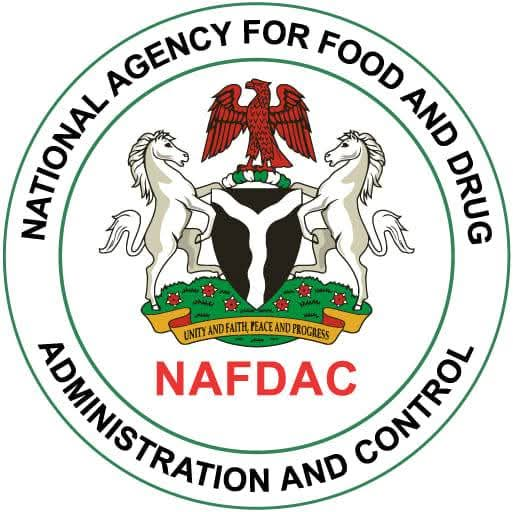The National Universities Commission (NUC) has officially upgraded pharmacy, physiotherapy, and optometry degrees in Nigerian universities from bachelor to doctorate status, marking a significant milestone in the nation’s higher education system.
The upgrade is aimed at aligning these healthcare programmes with global best practices while improving the quality of training for professionals in the sector. Prior to this development, these programmes were offered as five-year bachelor degrees: Bachelor of Pharmacy (B.Pharm), Bachelor of Physiotherapy (BPT), and Bachelor of Science in Optometry (B.Sc. Optometry).
Under the new framework, the degrees will now be known as Doctor of Pharmacy (Pharm D), Doctor of Physiotherapy (DPT), and Doctor of Optometry (OD). To reflect these changes, the programme duration has been extended from five to six years to accommodate additional clinical training and specialised coursework.
Franca Elochi Chukwuonwo, the NUC’s Acting Director of Public Affairs, elaborated on the rationale behind the upgrade: “This adjustment ensures adequate coverage of foundational courses, improves clinical skills, and caters to all speciality areas within the disciplines.”
The NUC emphasized that this change will make Nigerian graduates more competitive on the international stage. Certificates awarded under the new programmes will now be comparable to those issued globally, thereby enhancing graduates’ employability and facilitating opportunities for advanced studies abroad.
The commission also addressed confusion regarding the Doctor of Medical Laboratory Science (DMLS) programme, stating unequivocally that it is not recognised in its Benchmark Minimum Academic Standards (BMAS) or Core Curriculum Minimum Academic Standards (CCMAS).
“Consequently, MLSD is not an approved programme in the offerings of any Nigerian university,” the NUC clarified.
The commission urged universities, students, and other stakeholders to take note of these developments, describing them as part of broader efforts to harmonise and enhance the global competitiveness of Nigeria’s higher education system.
This upgrade is expected to significantly boost the healthcare sector by producing highly trained professionals equipped with advanced clinical knowledge and skills. It also places Nigeria among countries that have embraced doctorate-level qualifications for healthcare disciplines.












